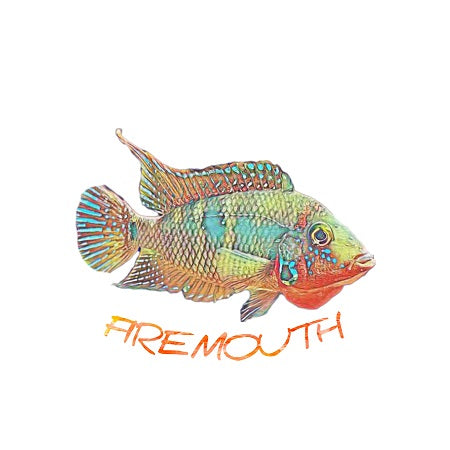Botanicals for your aquarium
Compartir
Perfect snail to use as a shelter for various shellfish of the lamprologus genus.

Cariniana pods come from Brazil. In nature, these seeds serve as a refuge for a multitude of species, including the Apistogramma genus, where they will not hesitate to use them to lay their eggs.


The plant is native to Western Cape Africa, where it is found from Donkerhoekberg near Villiersdorp, Groenlandberg and Kleinmondberge from Houhoek to Elimvlakte.
Its honeycomb shape makes it beautiful for all types of setups.

Alder pine cones are of European and Asian origin.
They are of extreme quality and contain a high concentration of tannins.
They are perfect for shrimp and tanning the water in your aquarium.

Beautiful coconut that marks its grooves.
It is perfect for the recreation of biotopes and natural environments.

The bolster shell is cosmopolitan and will provide shelter for both medium and small fish, ideal for cichlids that breed in cavities.

Coconut hairs is perfect for the naturalization of biotope media, and its texture is perfect for the reproduction of many types of fish such as rasboras, barbel, killifish and tetras among others. Due to the material it is made of, "coconut", it takes a long time to decompose, perhaps it is one of the organic materials that last the longest underwater.

From Asia. It is a perfect fish refuge

Magnolia leaves perfect for your biotope aquarium. In addition to releasing tannins, they last much longer than Catappa to decompose.

CATAPPA LEAVES - PACK OF 10 UNITS
With fungidia, antibacterial effect
Perfect food for Loricariids and invertebrates
Ideal for Asian biotope

Pod native to Brazil, hard and resistant.
With a shiny effect on the inside and a wood effect on the outside of the sheath
Naturalize your biotope with this botanical


As its name indicates its origin is from South America, thanks to its size it is usually used by a large number of species.

Of Australian origin we find casuarina pineapples, with the same benefits as the well-known alder pineapple but with less tannic release into the water.

Of Asian origin, lotus shells are perfect for loricariids and invertebrates since they will consume them as they decompose.

It contains eight species, of which six grow on the island of Madagascar, and of the other two, the best known, Adansonia digitata, grows on mainland Africa, and the least known and smallest, Adansonia gibbosa, in Australia. The etymology of the word "baobab" is unknown, although there are different theories, however the scientific name comes from the French botanist (of Scottish origin) Michel Adanson.

Sterculia is a beautiful botanical with place of origin: India, Bangladesh, Burma, Laos, Cambodia, Vietnam, Thailand, Malaysia, Sumatra, Philippines although today it is cultivated and introduced in many parts of the world.

Beautiful fruit native to India (Andaman Islands), Myanmar, Thailand (Western and Peninsular), Thailand and Peninsular Malaysia.

The husk of toddy palm found in South and Southwest Asia is also known as mangrove pod.
The toddy palm shell can be used by small bettas or gouramis to create the foam nest inside.

REMEMBER THAT ALL BOTANICALS MUST BE BOILED BEFORE USE

